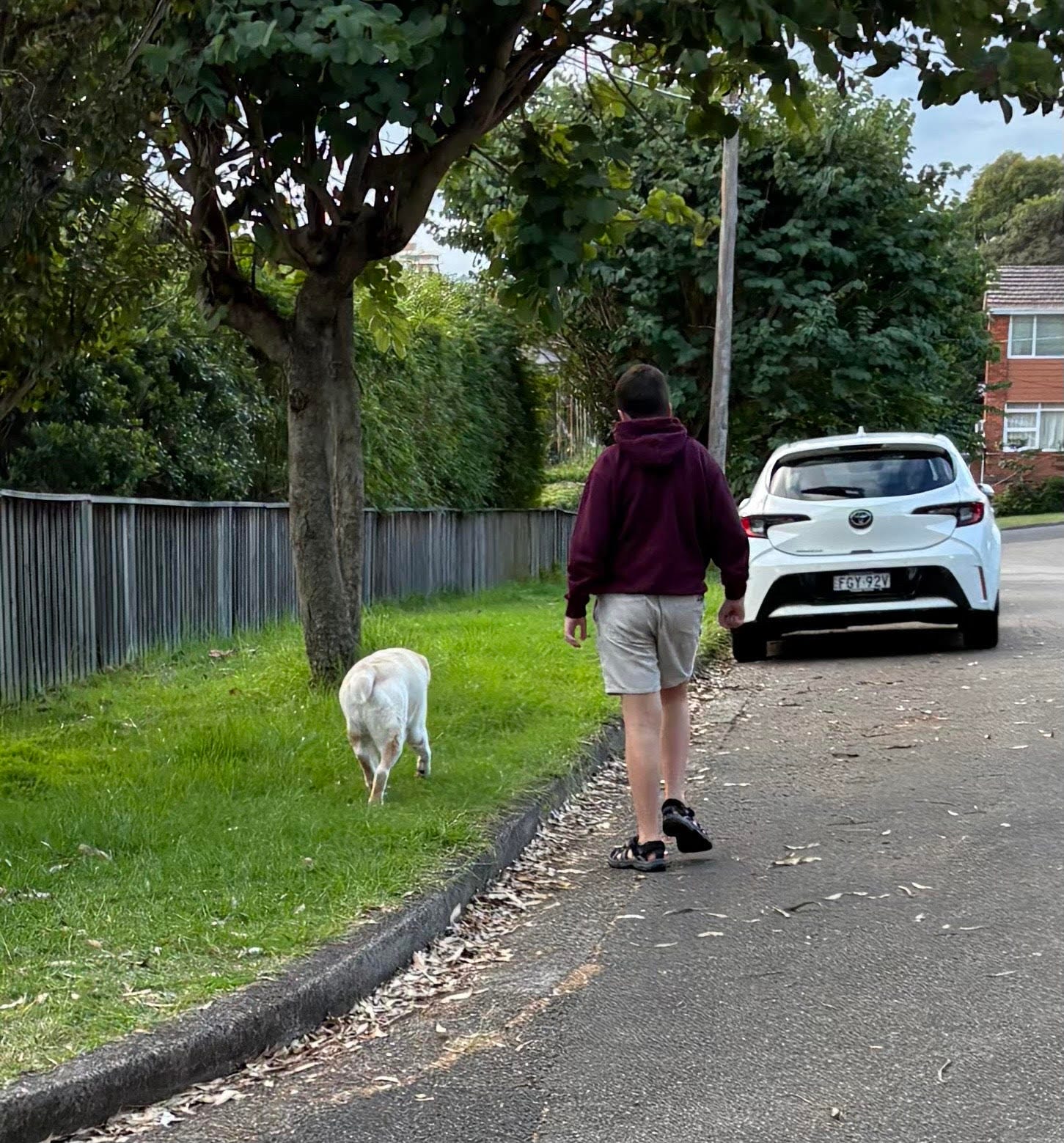I have always had a talent for finding a way to make things about myself. Hello, this blog. After an extended (in Southern American terms) singlehood, I had worked this muscle to Fully Ripped status, so entering the realm of marriage and motherhood felt like a full-on assault on my Main Character Syndrome and perceived independence. The newborn period was not kind to me with its bombardment of my sleep patterns and constant demand for attention to needs other than my own.
Which is all just another way of saying I’ve always been selfish. Just like everyone else, to one degree or another. But a wonderful freedom has come with life in a country far, far away: the art of de-centring.
Yes, it’s spelled like that here, a fact I had to look up the other day as I was writing my thesis, which means that in addition to my location, and politics, and mindset, my language has also changed in recent years, and is still changing. It’s what I’m studying, what I’m researching and writing on, what I presented on and what I’m, in about a month, submitting on: what language has to do with life. It turns out to be a lot.
“You Americans, you are so naive. You think evil is going to come into your houses wearing big black boots. It doesn’t,” said Russian poet Joseph Brodsky, as quoted by American poet Marie Howe. “It doesn’t come like that. Look at the language. It begins in the language.” I’m reckoning with language right now, with the power it holds over culture and the potential it holds to change that same culture.
Recently, when we were in an airport, The Kid asked me why there was an American guy on TV talking about curing the autism epidemic—why would he need to be cured?—and I thought about the people who use language to make the world smaller, and the people who use it to make the world bigger. How the former are afraid of a bigger world, and the latter see the wonder in it, in being unseated from their current narrative—the one in which they’re the main character—for a better one, in which they may not be.
I was forcefully unseated from my own narrative, which is another way of saying that grace chose me before I chose it, which I suspect in one way or another is the truth for all of us. But here I am, delivered by that grace into a narrative that had to be told in a different country, in a different career, in a different purpose, in a different language. I am telling a story in which I am not the main character, and it’s a bigger and better story than the one I typed out at a Starbucks in New York twenty years ago back when I had visions of selling a memoir at age thirty before I had even begun to fully live. Back when I didn’t know that I was only working on the first chapter of a book that was about so much more than me.
That was back when I lived in a place considered to be the center of everything, which—if that center is Times Square—then, for all my love of New York, it is a relief to be further from, in this current reality where news is delayed and we’re awake when they’re sleeping and it takes fourteen hours minimum to reach a Chick-Fil-A. It is hard, and it is a relief, to not be in the middle of everything as it happens—to not be the Main Thing. To become de-centred.
Writer Ocean Vuong spoke recently, in a stunning and beautiful interview, about learning to write not about people, but beside them, and I think about this: how when my kids were babies I did for them, not with them, and maybe there’s grace in this too—that it’s not just that I’m a jerk, but that sometimes, to be at the centre, to be the main character, is actually to be alone, and I was given a way out of that. That when we make it all about us, when we set ourselves apart, we set ourselves apart. Maybe the ideals I grew up thinking were noble—climbing to the top, “taking responsibility” in a way that really means “looking out for yourself at the expense of others”—maybe that’s just a way to thin the crowd until the only ones left in the room are people like you.
Maybe listening to others’ stories becomes the best way to tell a new one.


